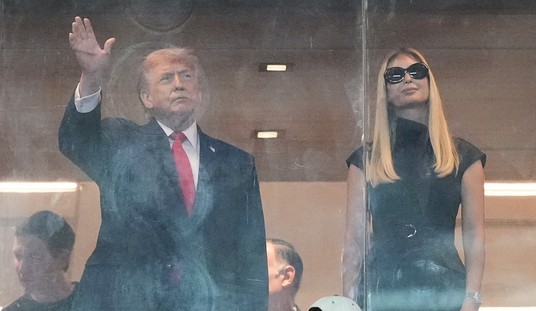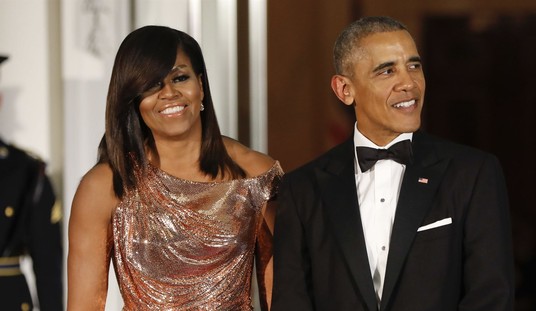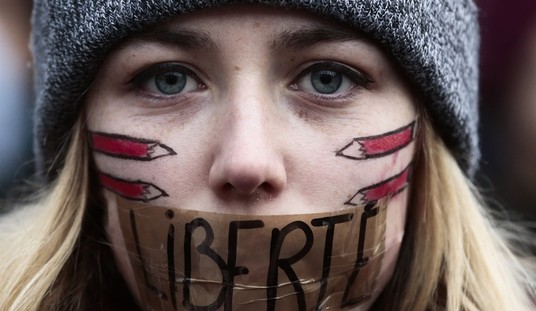With the NFL lockout still in full force, we’re all waiting for some football. But one man with a vision — and a cornfield — decided to do something about it:
http://www.youtube.com/watch?v=QJ-2YtHn2dU
For the rest of us, maybe this will suffice in the interim:
http://www.youtube.com/watch?v=Xwnbg13Yt80&feature=related
I’m not sure how it was acquired, but someone has uploaded to YouTube the first-ever edition of ABC’s Monday Night Football, from September 21, 1970, featuring the New York Jets at the Cleveland Browns. These teams were playing their first game in the NFL’s then-newly created American Football Conference, created after the NFL absorbed the American Football League during the mid-1960s. But as would so often become the case with the show in his formative years, the real action was off the field – this was the debut of a seventies phenomenon, as pro football went primetime. The format wasn’t quite there yet, as Keith Jackson would be replaced as play-by-play man the following year by Frank Gifford. But Howard Cosell and Dandy Don Meredith would become stalwarts of the show’s glory years. And there’s a hint of what’s to come at the start of in the final clip from that game, where the director hangs onto an aching NFL Films-style close-up of Joe Namath, immediately after an ultimately game-losing interception:
http://www.youtube.com/watch?v=PH4YUBNF7ws
Howard Cosell in particular became a superstar as a result of his association with the show, but with his bracing, adenoidal voice and painfully synthetic coiffure, the converted newspaper man was the most unlikely television personality imaginable, a sort of Ed Sullivan of the sports world. Cosell would rage endlessly about the hypocrisy of phoniness professional sports, yet would host endless episodes of ABC’s ridiculous Battle of the Network Stars series. But for whatever reason, Cosell provided the friction that, when paired with former NFL stars Frank Gifford and Don Meredith, made the show work.
As Marc Gunther and Bill Carter wrote in their 1989 book, Monday Night Mayhem, the show became legendary for the stars who would drop-in. One week it might be Burt Reynolds. The next it might by William Shatner, promoting his short-lived Barberry Coast series on ABC. One memorable 1974 edition of MNF featured interviews with John Lennon and Ronald Reagan. If, as rumors recently circulated that the man who sang “Give Peace a Chance” was, in the last year of his life a closeted admirer of the man whose motto was “Peace Through Strength,” perhaps it began here:
The most fascinating episode, however, involved Lennon and President Ronald Reagan, then governor of California. Each figure embodied part of the cultural divide of the time, Lennon the protesting pacifist pop star, Reagan the hard-line conservative leader. Gifford had invited them to appear on the same show in the early ’70s, assuming Lennon would be a no-show.
To Gifford’s surprise, he looked over his shoulder during the broadcast and spotted the two waiting together.
“Governor Reagan had his arm around John Lennon and he was explaining American football to him,” Gifford said. “Only on ‘Monday Night Football’ would you get those two guys, who were poles apart, united.”
Their appearance prompted some swift maneuvering by Cosell, who initially planned to interview Reagan but anticipated the audience’s keener interest in Lennon.
Gifford recalled Cosell abruptly stating, “You take the governor and I’ll take the Beatle.”
Sadly, millions (including myself) discovered that Lennon’s life had concluded when they watched this shocking MNF moment in December of 1980:
http://www.youtube.com/watch?v=5gcdz1IRVoM&feature=related
Monday Night Football also influenced its counter-programming. In 1978, CBS’s moved M*A*S*H, then in its sixth year to Monday at 9:00 PM eastern to go up against ABC’s weekly N*F*L battles. It’s probably not a coincidence that around that time, M*A*S*H increasingly moved away from its initial raunchy, irreverent tone and Strangelove-meets Bilko satire to a more introspective style hyper-focused on Alan Alda’s then-burgeoning obsession with feminism, as CBS looked to create programming designed to appeal to women turned off by ABC’s macho gridiron action.
By the mid-1980s, Monday Night Football’s unique power would begin to dissipate. For a variety of reasons, Cosell’s career began to go into freefall. By the time of his 1983 “Little Monkey” incident, the man who helped make a legend out of Muhammad Ali and promoted the then-controversial notion of black quarterbacks in the 1970s NFL had become a pariah at ABC for his outspoken attitude and boundless ego. Don Meredith would leave the show in 1984; his last game with ABC was Super Bowl XIX in January of 1985, sharing the booth with Gifford and Joe Theismann of the Washington Redskins, whose gridiron career would be cut short the following season.
With its colorful founding personalities now gone, Monday Night Football would slowly become just another football show, dependent upon the game itself, not the men in the booth to work as television entertainment. The show would eventually leave ABC for cable TV’s ESPN in 2006, as a result of the Disney Corporation acquiring both channels. But in the 1970s, before the NFL’s reputation was tarnished by drugs and an everyman-for-himself attitude among many players in the league, both were phenomenal stuff, in an otherwise often painful decade.










Join the conversation as a VIP Member